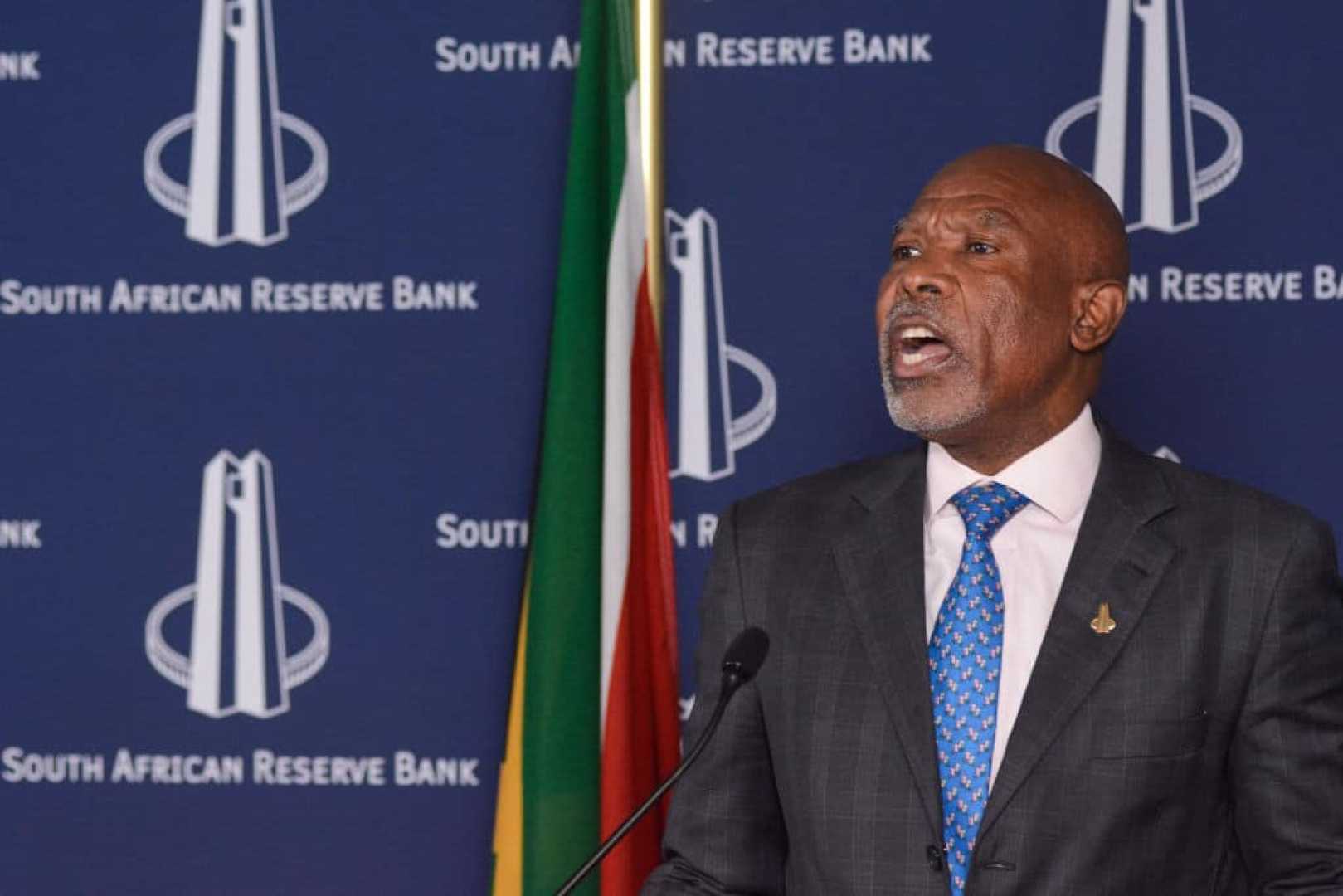Business
South African Reserve Bank Cuts Interest Rates Amid Economic Challenges

The South African Reserve Bank‘s Monetary Policy Committee (MPC) has decreased interest rates by 25 basis points, as anticipated by financial analysts. This decision was made despite a significant 50 basis points reduction in interest rates by the United States earlier. With this adjustment, South Africa’s repo rate is now set at 8%, and the prime lending rate is at 11.50%.
The revision in the interest rate will provide some financial relief to borrowers. For instance, the monthly instalment for a new R2-million home loan at the new prime rate will be nearly R350 less expensive. Interest rates have been on the rise since 2021, leading to a significant increase of around R7,000 per month on repayments for similar loans.
Reserve Bank Governor Lesetja Kganyago expressed optimism regarding inflation trends, citing the MPC’s anticipation that the repo rate will stabilize “slightly above 7%” next year. August saw consumer inflation dipping below the bank’s preferred target midpoint of 4.5%, facilitated by decreases in fuel prices and a strong rand. Substantial reductions in diesel and petrol prices are expected to bring further economic relief.
Looking ahead, the MPC predicts inflation rates of 4.6% for 2024, a slight decrease from their earlier projection of 4.9%. For 2025, the forecast is 4%, down from 4.4%. Governor Kganyago cautioned that while a “soft landing” for the economy appears increasingly plausible, uncertainties remain. Potential factors that could disrupt this outlook include unexpected hikes in electricity or wage prices, alongside fluctuating oil prices and food inflation.
While considering a 50-basis point cut and the option of holding rates steady, the MPC ultimately reached a consensus on the 25 basis point reduction. Despite the recent cut, current interest rates are still high, having reached 15-year peaks, affecting an economy already burdened by issues like load shedding. Recent GDP figures indicate the South African economy has grown by a mere 0.3% over the past year.
Lower interest rates are expected to alleviate some of the financial pressures on consumers, potentially increasing household spending. Additional factors, such as more stable electricity supplies and an anticipated boost from the two-pot retirement system’s new withdrawal allowance, are also expected to contribute to economic recovery. The retirement system adjustment allows pension members to withdraw a portion of their “savings” component starting in September, potentially bolstering retail spending with up to R30,000 per eligible member.
The Reserve Bank’s forecast for economic growth has been slightly revised upwards, predicting a growth of 1.6% for 2024 and 1.8% for 2025. The MPC’s next meeting is set for November 21, where further rate cuts may be discussed.












